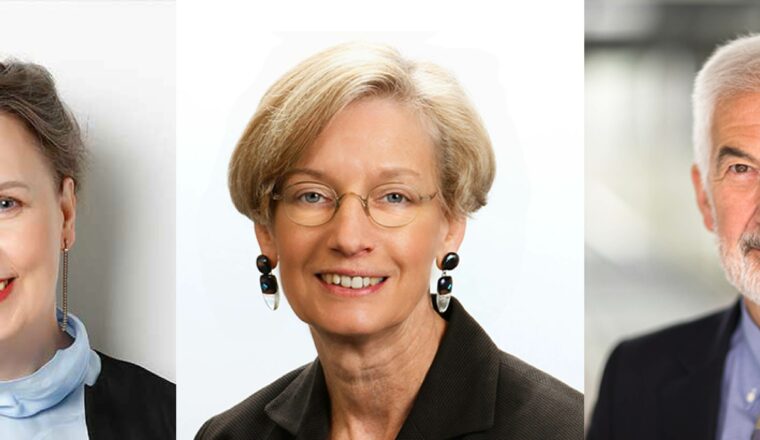TPI featured in Academy of Social Sciences report
The Productivity Institute is pleased to feature as a case study in a new Academy of Social Sciences report which shows how social scientists are making powerful practical contributions to levelling up cities, regions or countries in the UK – improving economic growth, services and the quality of life for people and businesses in these places. Some excerpts from the report read:
“One of the keys to ‘levelling up’ the different regions of the UK economy will be to understand why productivity varies to a greater degree across the UK regions than it does in the sub-national regions of other OECD countries.”
“According to Tony Venables, the Institute’s Research Director, the Institute’s regional focus is rooted in the awareness of the need for research that can offer policy-relevant and practical proposals for raising productivity and economic performance in different types of firms and in different regions, as well as in the UK as a whole.”
Also featured is TPI’s Professor Nigel Driffield, chair of our Midlands Productivity Forum and academic lead for our Organisational Capital research theme, who has helped Greater Birmingham develop a highly successful inward investment strategy:
“Professor Driffield’s research, based on 20 years of work on inward investment, led him to work with the City and the Local Enterprise Partnership. His key insight was evidence about what investors were looking for. ‘The crucial point for Birmingham … was to stop focusing on traditional sectors … and consider what businesses could be looking for in terms of new sectors such as logistics…’. This also included work on the wider West Midlands area, and the implications for greater economic autonomy.”




